Gideon Arinze
Enugu State stands on the cusp of a golden age. From sustainable education to smart security and civic infrastructure, Governor Peter Mbah is orchestrating a comprehensive transformation that places the welfare, growth, and future of the citizens at the heart of governance.
During a tour of major projects in the State during the recently held Nigerian Guild of Editors’ (NGE) Biennial National Convention held in Enugu, the editors expressed admiration for the scale and impact of the ongoing infrastructure development, commending the government’s commitment to transformative governance and sustainable growth.
In just two years, the governor’s ambitious and tightly executed “Tomorrow Is Here” agenda has delivered game‑changing initiatives — from Smart Green Schools to groundbreaking urban renewal efforts—that have already begun redefining the state.
Smart Green Schools: Nurturing Future Leaders
Perhaps the crown jewel of Mbah’s agenda is the roll‑out of 260 Smart Green Schools, one in every ward of Enugu. These are not mere reconstruction projects; they are full‑blown innovation campuses designed to foster 21st‑century skills. The initiative is aimed at revolutionising the State’s educational landscape. The project includes the construction of modern buildings and seeks to integrate cutting-edge technology into classrooms, ensuring that students are equipped with the digital skills necessary for the modern world.
By enhancing educational facilities with smart technologies, Mbah aims to provide a more interactive and engaging learning environment that prepares students for future challenges and opportunities.
This initiative underscores the state’s commitment to improving educational standards and accessibility through innovative solutions.
Under the Smart Green School, each educational institution has solar‑powered classrooms with smart boards, e‑libraries, robotics, mechatronics, VR/AR, ICT centres, science labs, and smart farms; there is on‑site medical clinics and clean‑water systems; teachers’ quarters to improve quality and retention of educators, and free uniforms, books, tablets, meals, and healthcare for students.
During the tour, the Special Adviser to the Governor on Education Innovation, and Director of Experiential Learning, Enugu Smart Green School, Chinyere Onyeisi, explained that the vision of the initiative goes far beyond bricks and mortar.
At the Owo, Nkanu East, pilot school, about 900 pupils are already engaging in a curriculum that integrates robotics, solar‑powered agriculture, and digital innovation hubs. This is education rooted in real‑world problem‑solving, Onyeisi explained.
What distinguishes Mbah’s approach is an unwavering commitment to people-centred development. By directing a higher proportion of the State budget to education, he signals his belief that investing in children today is the most effective way to prevent poverty and crime tomorrow.
From communities like Amankwo Ward 3, Oji River, to the State Ministry of Education, the sentiment is consistent: Enugu is becoming a model for inclusive, tech‑savvy growth
The Smart School Initiative was designed to have provisions for early childhood learning, which begins at age three. At age three, beyond teaching them, issues about their health profile are looked into. For example, for those who may not have adequate medical records, the first thing the school does is to make sure that the child’s health is okay and that they are up to date with their vaccination. Where there is a deficiency, the school’s authorities step in to ensure that they are regularised.
“In terms of learning, we have completely changed the way the kids are taught. We have moved away from the old system of teaching these kids to what is referred to as the experiential learning system. Just recently, we won the Spencer Foundation Vision Grant, in recognition of what we are doing at the basic education experiential learning.
“We have the Centre for Experiential Learning and Innovation, a pipeline that all the tutorial staff must go through to be qualified to teach at a smart school.
“Currently, we are training about 18,000 of our educators through the Centre for Experiential Learning and Innovation.
“The idea is that these kids would be exposed to all modern skills from a very young age. From Basic one or what you know as Elementary one, you get exposed to robotics, AI, and Virtual Realities (VR). If they are learning Biology, for example, you can visualise how the blood moves through the veins. Most importantly, we are getting the kids to see their classrooms beyond where they memorise or repeat what they were taught,” Mbah explained.
The educational pipeline—from primary Smart Green Schools to technical colleges and tertiary institutions— was designed to produce graduates with local and global relevance. One day, these young adults will run our clinics, startups, and emerging industries—anchoring Enugu’s shift from a predominantly oil‑dependent economy to one diversified, modern, and future‑proof.
Of course, ambition must be matched by sustainability. The sophistication of the Smart Schools and infrastructure requires continuous funding and public‑private partnerships to maintain momentum beyond election terms.
Green Roads and Bitumen Plant
Mbah has also focused on connectivity, both physical and economic. The asphalt production plant was built in furtherance of his campaign promise to construct 10,000 roads in eight years.
The state acquired the eco‑friendly asphalt plant, producing over 1,000 tonnes daily, and committed to constructing a minimum of 10 km of new bitumen roads in each ward. The initial 90 urban roads already completed in Enugu City, along with later rural expansions, demonstrate a new era of mobility that binds communities to schools, markets, and opportunities.
This will drastically reduce the cost of road construction for the state.
“The asphalt production plant is designed to produce 160 tons of asphalt per hour,” Mbah said. “For context, it will produce 2.5 tons every minute and 160 tons per hour,” he added.
Speaking further, he said “What it effectively means is that if we decide to work 20 hours in a day, we can produce 3,200 tons every day. This is not seen anywhere in the South East,”.
He noted that his administration would also inaugurate a plant where the stones needed to feed this plant will be mined and crushed.
“It is our hope that we are going to start the exploration of bitumen in the state because we are also blessed with bitumen. So, in a few years time, we are going to be able to produce the bitumen that will feed this plant. It means that we will get the bitumen here, get the stones, and sand so that everything is made in Enugu,” the governor said.
The bitumen plant will also create jobs and boost local industry, reinforcing a self‑sustaining infrastructure loop.
Enugu New City
Parallel to roads and schools, Enugu New City—a still‑under‑construction smart urban hub—represents Mbah’s vision for holistic development. The deliberate blend of residential, commercial, administrative, and tech‑oriented infrastructure signals Enugu’s next quantum leap. When complete, it will be more than another district—it will be a working model of integrated, smart living.
This initiative the governor’s larger ambition: to elevate Enugu into a $30 billion digital economy within the next 4–8 years, a figure referenced by the Minister of Communications in describing Enugu’s digital trajectory
“We are currently building a brand new city, which would take about 300,000 households, and that is because we are planning for the future. If you are going to grow the economy to $30 billion, you must provide access and infrastructure.
“We are already thinking about that. This brand new city is going to be fully service – your water, electricity, sewage, telecoms, fibre optics, internet access, the gas line- would all be fully provided.
“You just move in and you don’t need to go in there with your generator, and of course, the roads are all designed. So, it is carefully planned to be a smart and modern city. Lastly, the light rail is going to be on the right-of-way,” Mbah told members of the NGE.
Security Elevated by Innovation
For any developmental dream to thrive, security must be steadfast. Mbah answered this need with a cutting‑edge Command and Control Centre, the most advanced of its kind in Nigeria. Strategically located cameras and AI‑embedded patrol vehicles create a responsive network that operates 24/7 to deter and manage crime
Deployed with over 150 equipped patrol cars, modern surveillance analytics, and integration with the national 112 emergency system, the centre solidifies public safety as a pillar of state stability
Shedding more light on the expansion plan for the security infrastructure, the Governor said, “We have phase two of the security surveillance system that is ongoing. Part of what we did with the security system was to ensure that we don’t use satellite, so that it is not weather-sensitive, and when it is raining, we are not worried whether the cameras will work or not.
“We use fibre optic cables, so all our cameras are connected through the fibre optic cable. What we have commissioned is the first phase; we are now in the second phase. The second phase was designed to capture all the gateways. Not just the known gateways, but other gateways are informal.
“We currently have coverage beyond the cities. We have about seven strategic local governments that are captured in this first phase, and the second phase will capture the additional nine local governments that were not captured. So, there is a plan for full coverage.”
Looking Ahead
To ensure that these infrastructures and initiatives outlive his administration, Mbah is focused on building strong institutions.
“Beyond bricks and mortar, there are other soft issues like training and making sure that there are pipelines through which these programmes and initiatives are sustained.
“So, we are very conscious of that and we are building the capacity of our civil servants, who obviously will continue to remain here. That is why we have a programme, for instance, that ensures that all our civil servants have access to digital training and makes sure that our processes are instituted.
“All the MDAs, we have over 111 of them in Enugu, are included in our e-governance platform. So, by building the capacity of our civil servants and strengthening the institutions, we can sustain th
Governor Peter Mbah’s holistic development strategy is breathing new life into Enugu. The state is witnessing a renaissance—fuelled by smart education, smart roads, smart security, and smart urban planning. Every project reflects a future rooted in sustainability, equality, and innovation. The governor’s architectural model for human development could stand as a blueprint for Nigeria.



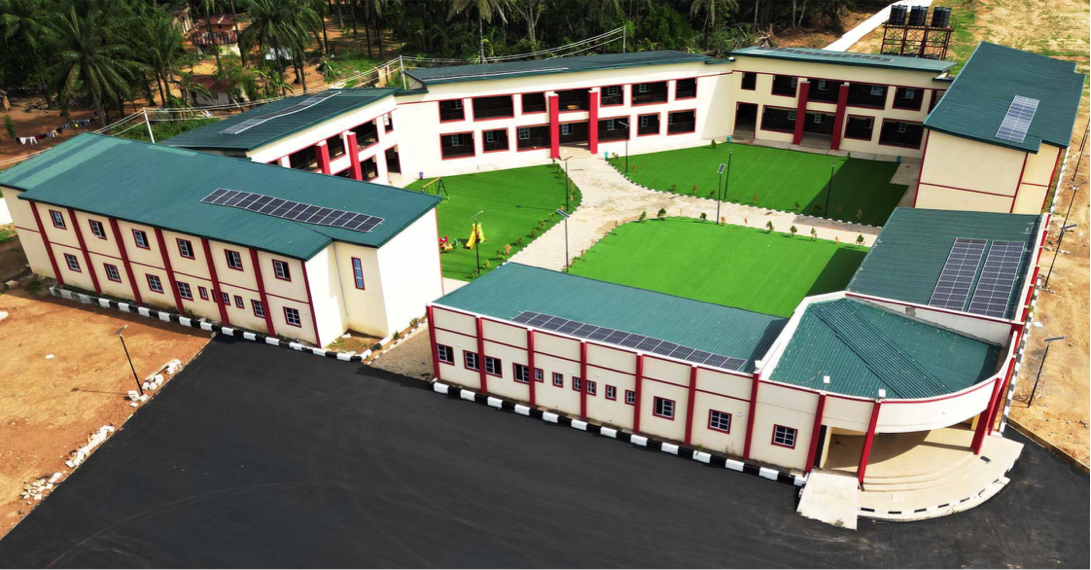


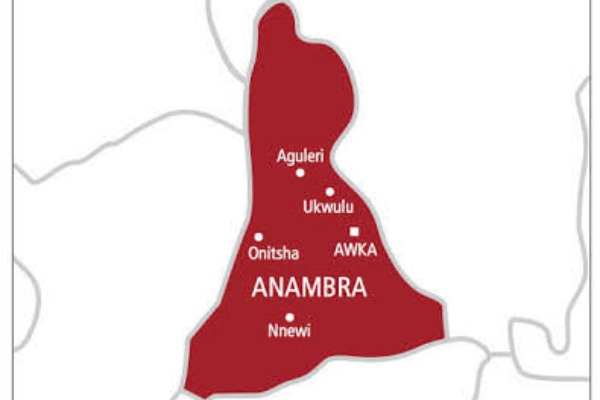


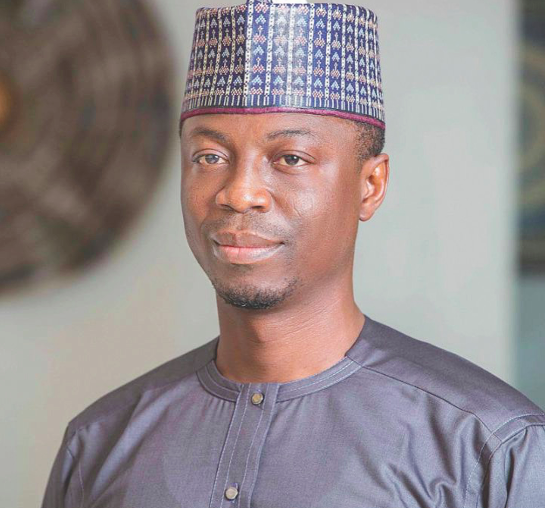
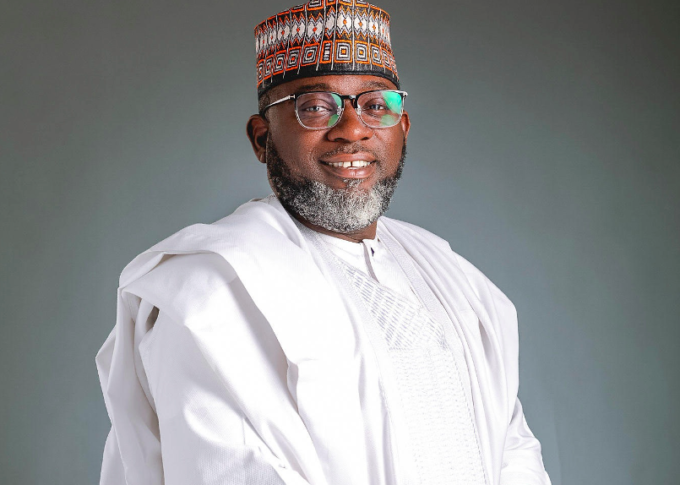
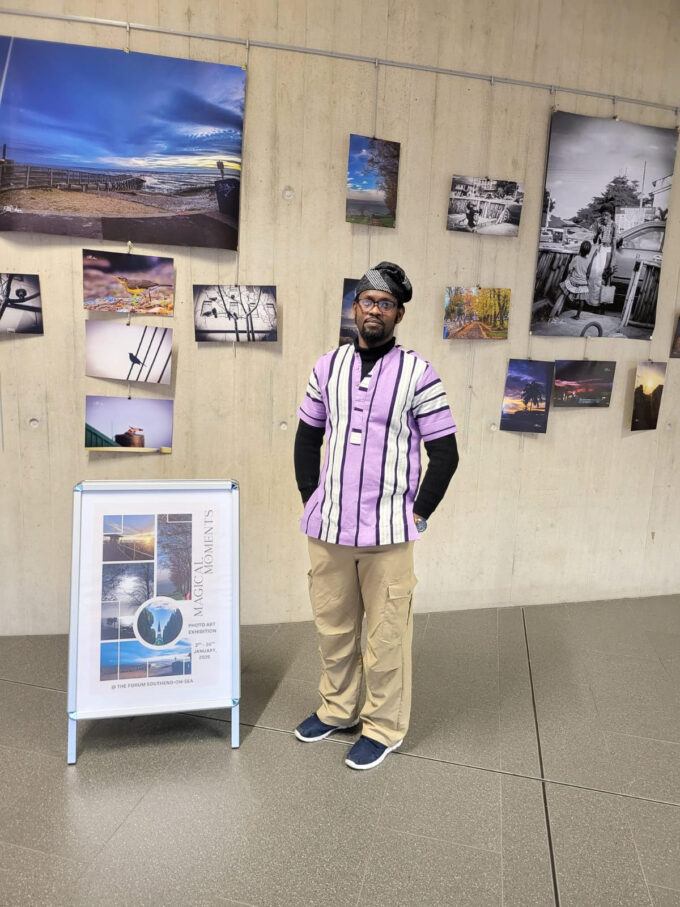
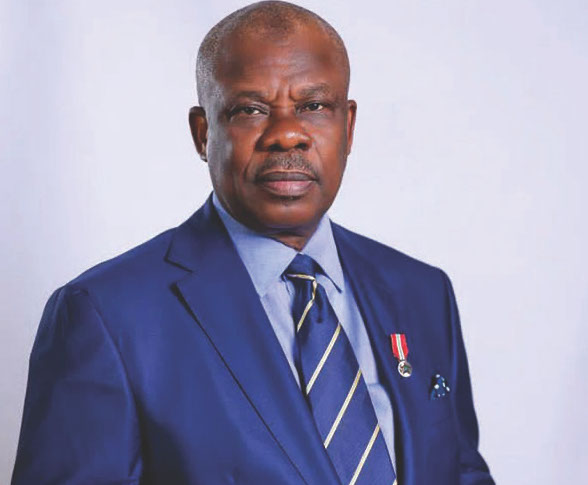





Leave a comment